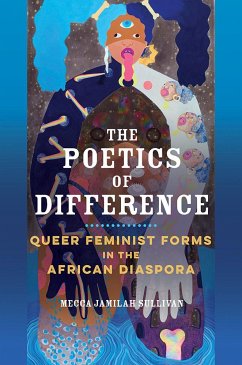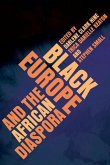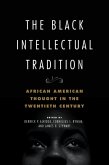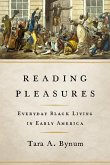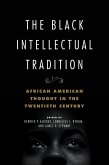"Contemporary black women writers of the African Diaspora have developed rich, nuanced, and complex literary forms through which to explore social, political, and erotic experience. Since the height of the post-civil rights and decolonialization movements of the late-twentieth century, black women writers of the diaspora have actively engaged in a politically rooted experimentalism that has reached broad audiences and produced iconic texts in both popular and academic intellectual spheres across the globe. This project explores the social and political resonances of African Diaspora women artists' experimental and formally subversive works. Mecca Jamilah Sullivan draws links between important genre-bending texts of the late-twentieth century (such as Audre Lorde's 1982 "biomythography," Zami, Ntozake Shange's 1975 "choreopoem," for colored girls who have considered suicide/ when the rainbow is enuf, and Ghanaian writer Ama Ata Aidoo's 1977 prosepoem novella, Our Sister Killjoy) and more recent examples of black feminist experimentalism in the diaspora, such as those by queer Trinidadian poet and novelist Dionne Brand, South African lesbian photographer Zanele Muholi, African-American playwright Suzan-Lori Parks, and Afro-Cuban lesbian hip-hop duo Las Krudas Cubensi. Reading these artists' works through a black queer feminist frame attentive to queerness as a matter of both formal heterogeneity and identity difference shows that these artists use subversive poetics to contest dominant models of sexuality, gender, and political subjectivity in the African Diaspora"--
Hinweis: Dieser Artikel kann nur an eine deutsche Lieferadresse ausgeliefert werden.
Hinweis: Dieser Artikel kann nur an eine deutsche Lieferadresse ausgeliefert werden.

